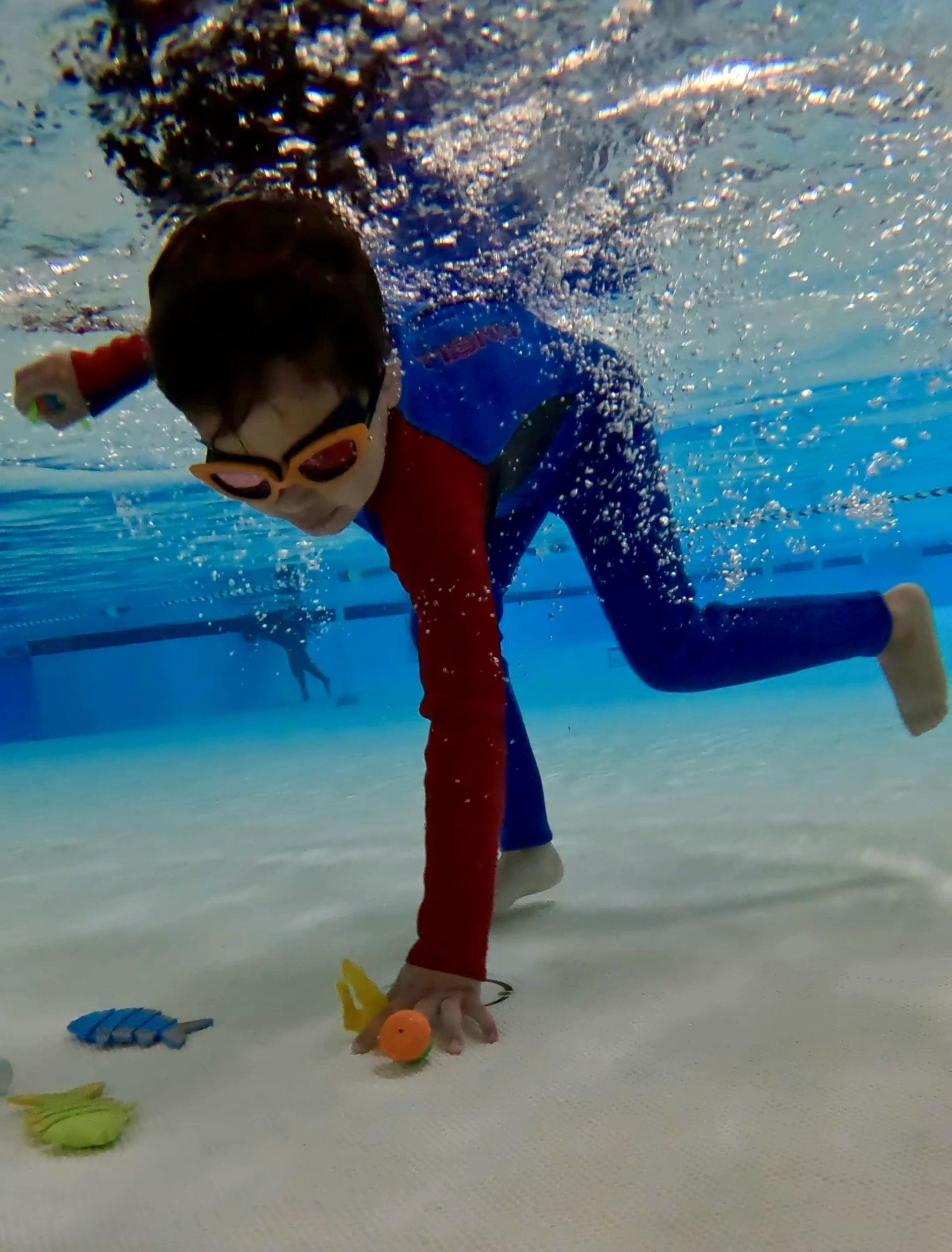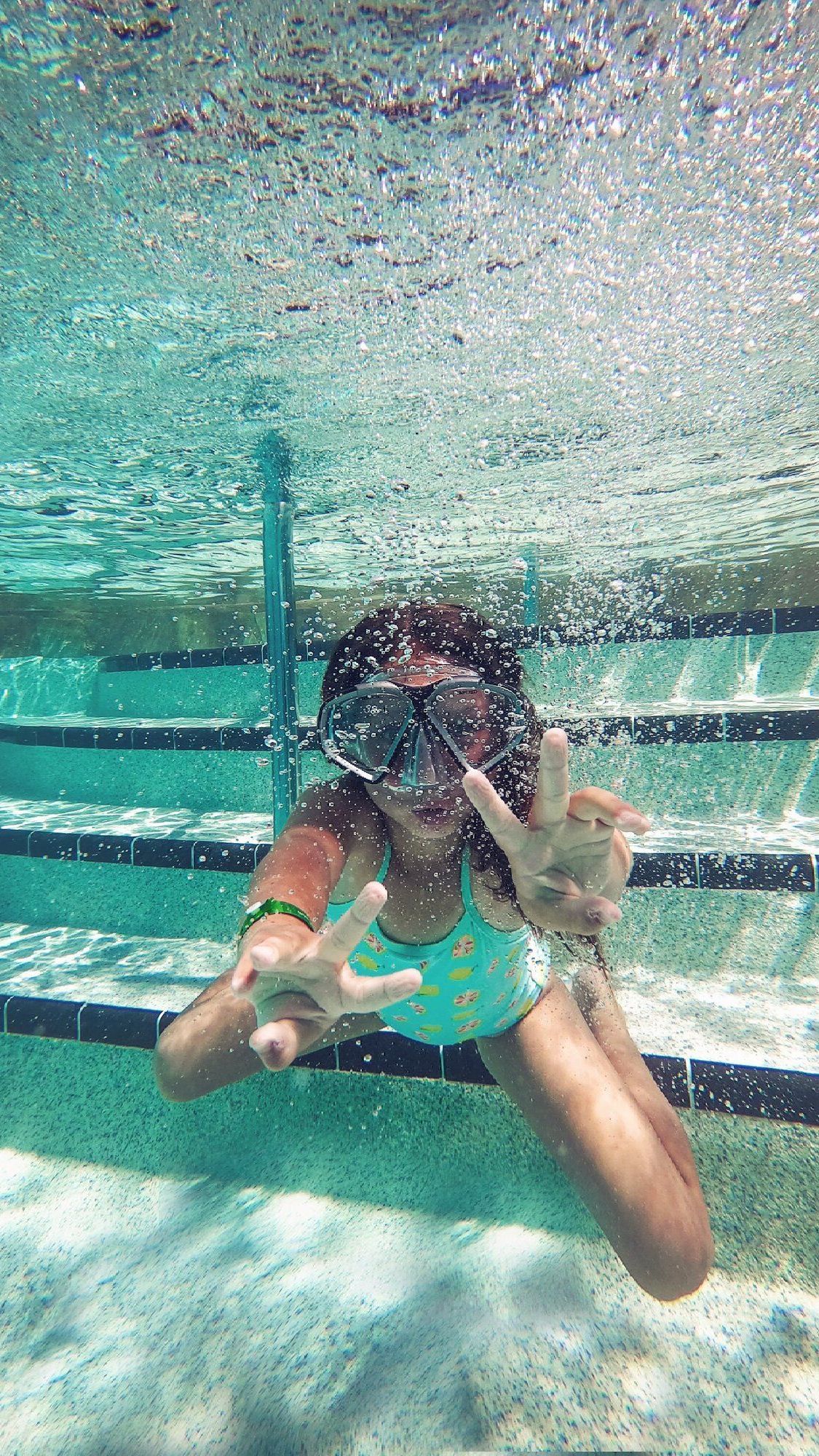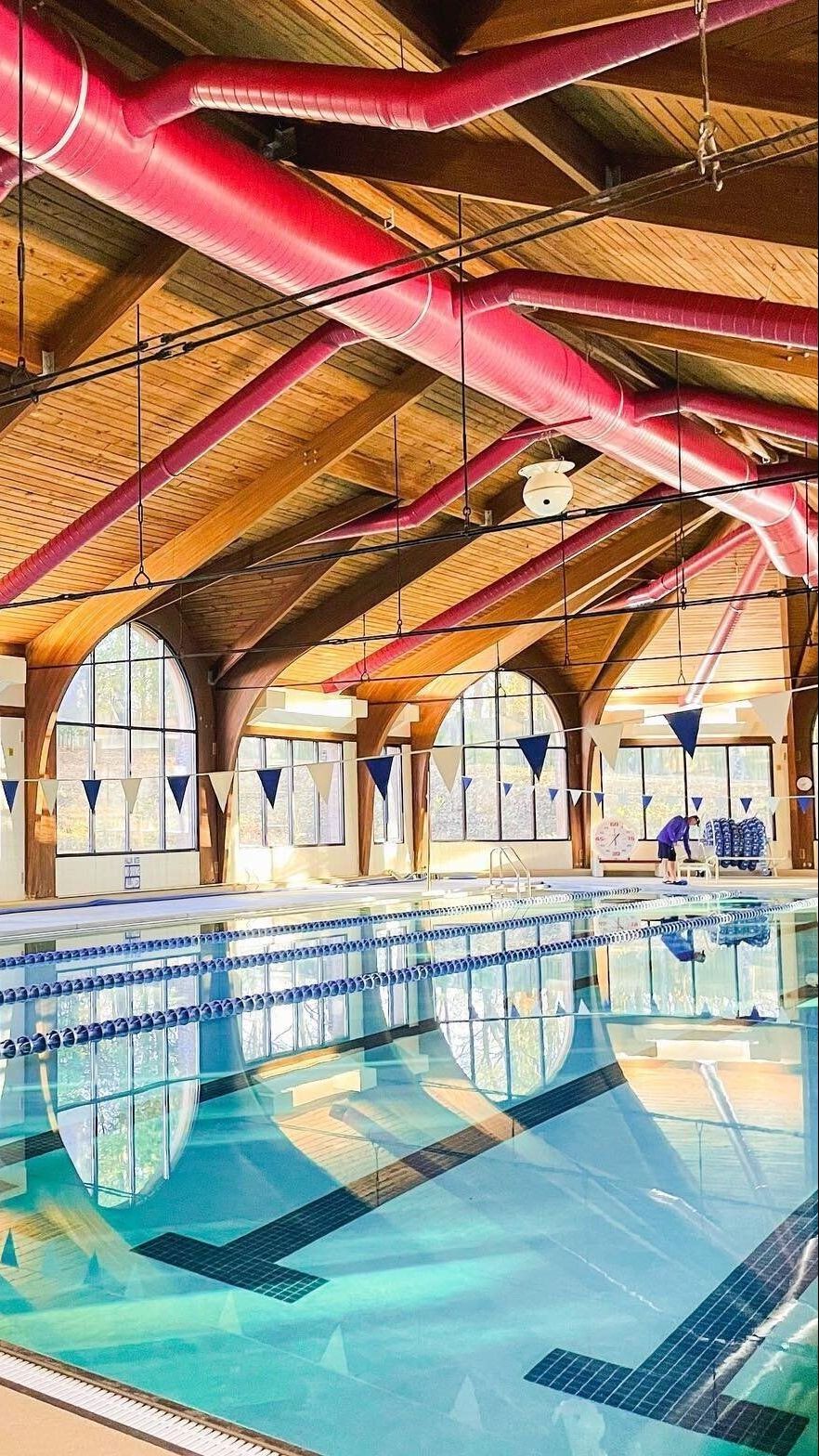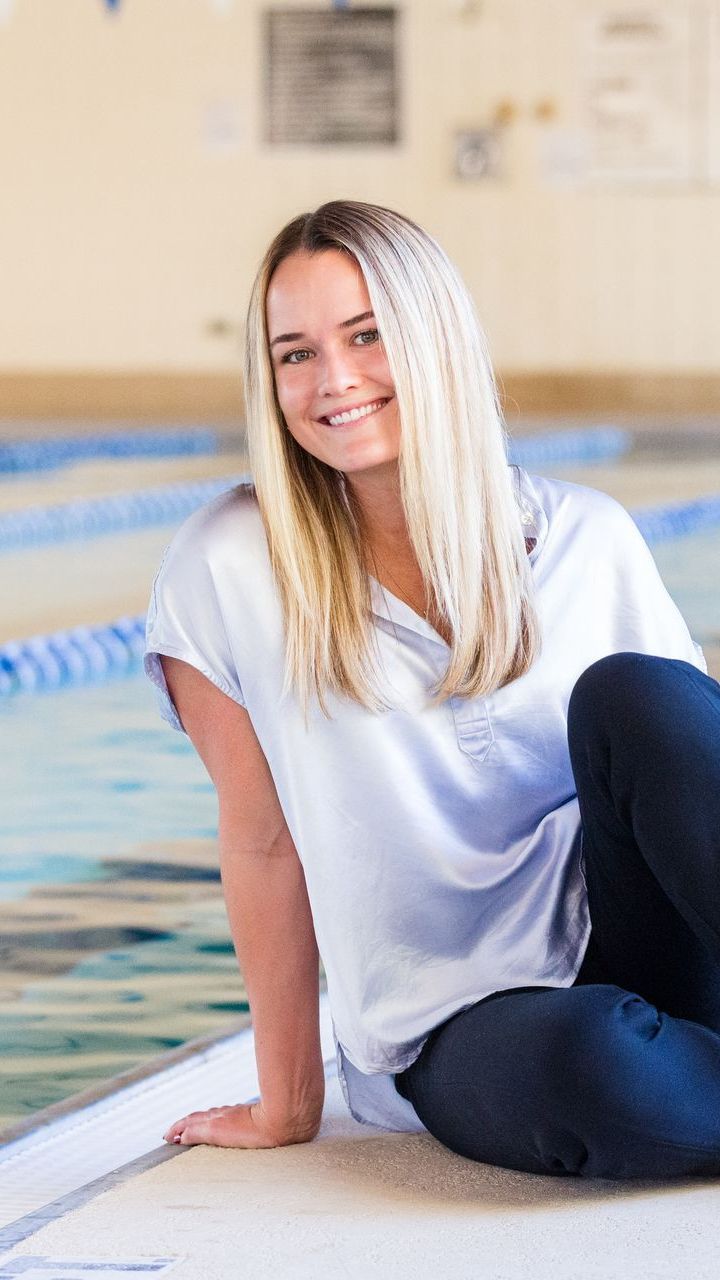Do Kids Forget Swim Skills Over the Winter? What Parents Should Know

When the weather cools and outdoor pools close, many families pause to ask: Do kids really forget how to swim over the winter?
The truth is yes, swim skill regression is real, especially for younger swimmers who are still mastering the fundamentals. But the good news is that with consistency and just a little ongoing practice, your child can retain their confidence, safety, and skill year-round.
Why Swim Skills Fade Without Practice
Swimming is a complex blend of motor coordination, breath control, muscle memory, and confidence. For children, particularly those under age 7, these abilities are still developing. When lessons stop, it doesn’t take long for those hard-earned skills to slip.
Common signs of regression include:
- Weaker kicking or arm coordination
- Hesitation or fear when reentering the water
- Difficulty floating or maintaining body position
- Loss of breath control or stamina
Unlike riding a bike, swimming requires unique sensations and resistance that only happen in water. Without consistent exposure, children can lose not just skill, but also their ease and comfort in the pool.
What the Research Says
Scientific studies back this up. A 2022 review published in Frontiers in Public Health found that children’s swimming competence and water safety are strongly tied to regular, sustained practice and access to lessons, not just initial instruction. Children who stopped swimming for long periods were significantly less likely to retain essential safety and performance skills [Frontiers, 2022].
Even more striking, one study reported that only 56 % of children could still perform five basic swimming skills 18 months after learning them, including floating, basic strokes, and treading water [Frontiers, 2025].
In other words: nearly half of young swimmers lose measurable competence within a year and a half, simply due to time and lack of consistent exposure.
Younger Swimmers: Consistency Is Everything
For kids under 7, continuity in lessons is the single most important factor in long-term success. Their brains and bodies are still building the coordination and comfort needed for foundational skills like floating, breath control, and water confidence.
When lessons pause for several months, these young swimmers often need to “relearn” skills that once felt easy. Keeping consistent lessons, even once a week, prevents setbacks, maintains comfort, and keeps safety skills strong.
At Swim Lessons with Mary, we recommend year-round swim lessons for all young swimmers. The progress is smoother, the confidence is steadier, and the safety foundation stays solid no matter the season.
Older Kids and Adults: Stay Sharp with Flexible Lessons
More advanced swimmers like older kids, teens, and adults, generally retain their skills better. However, they still benefit from periodic practice and technique refreshers. Taking advantage of our flexible lessons helps maintain endurance, refine stroke mechanics, and keep safety instincts fresh. It’s a simple, effective way to stay confident without overcommitting during a busy season.
At Swim Lessons with Mary, our flexible lesson option makes it easy to book occasional winter sessions, perfect for athletes, families with changing schedules, or anyone wanting to stay swim-ready year-round but does not have the ability to commit to recurring lessons.
How to Support Swim Skill Retention
You don’t need daily pool time to help your child retain their swim skills, just a consistent rhythm and positive reinforcement.
Here’s how:
- Stay Consistent with Lessons: Weekly lessons help young swimmers maintain progress and prevent regression.
- Book Bi-Weekly or Monthly “Refresher” Sessions: Great for older kids or adults who need to stay sharp.
- Encourage Water Play at Home: Practice breath control and bubble-blowing in the bathtub or shower.
- Reinforce Safety Conversations: Keep pool safety rules fresh in your child’s mind year-round.
- Support Physical Coordination: Activities like dance, gymnastics, or martial arts improve balance and body control, skills that translate directly to swimming.
The Bottom LineGe
Swim skills don’t disappear overnight, but they do fade without practice. The research is clear: children need consistent exposure to water to retain both their ability and confidence.
Younger swimmers, in particular, thrive when lessons continue throughout the year, while older or more advanced swimmers can maintain their progress with periodic, flexible lessons. If you want your child to start next summer strong, confident, capable, and safe, the time to keep swimming is now.
Ready to keep your swimmer’s skills strong this winter?
Get started today and give your child the confidence that lasts all year long.












































































































